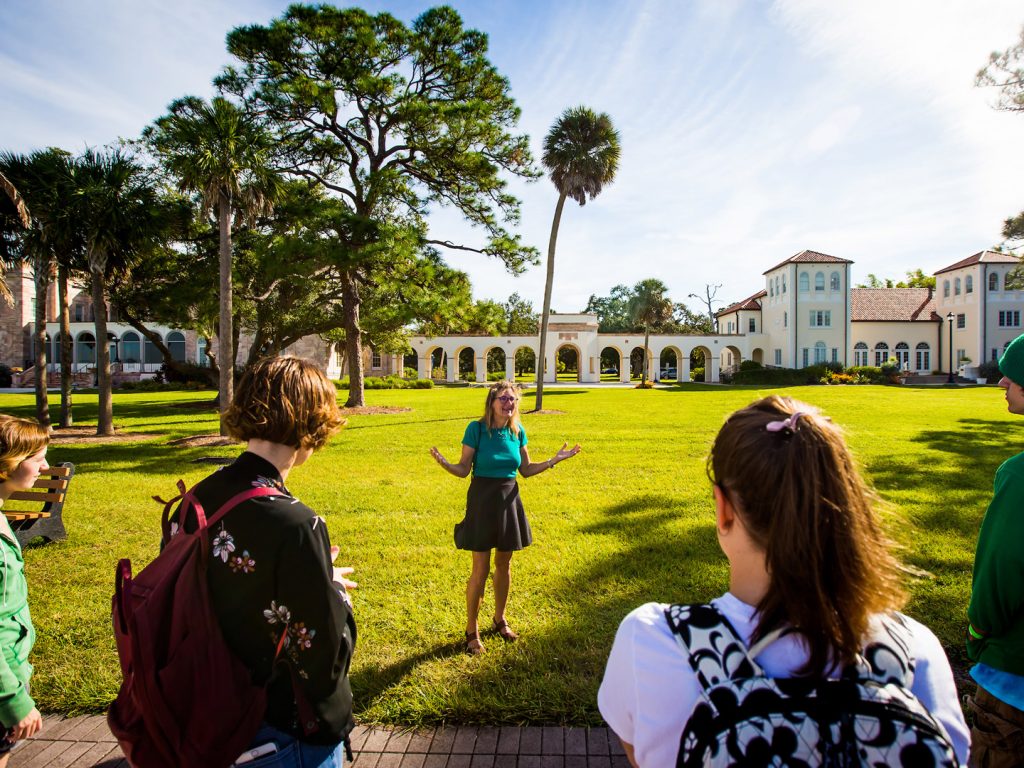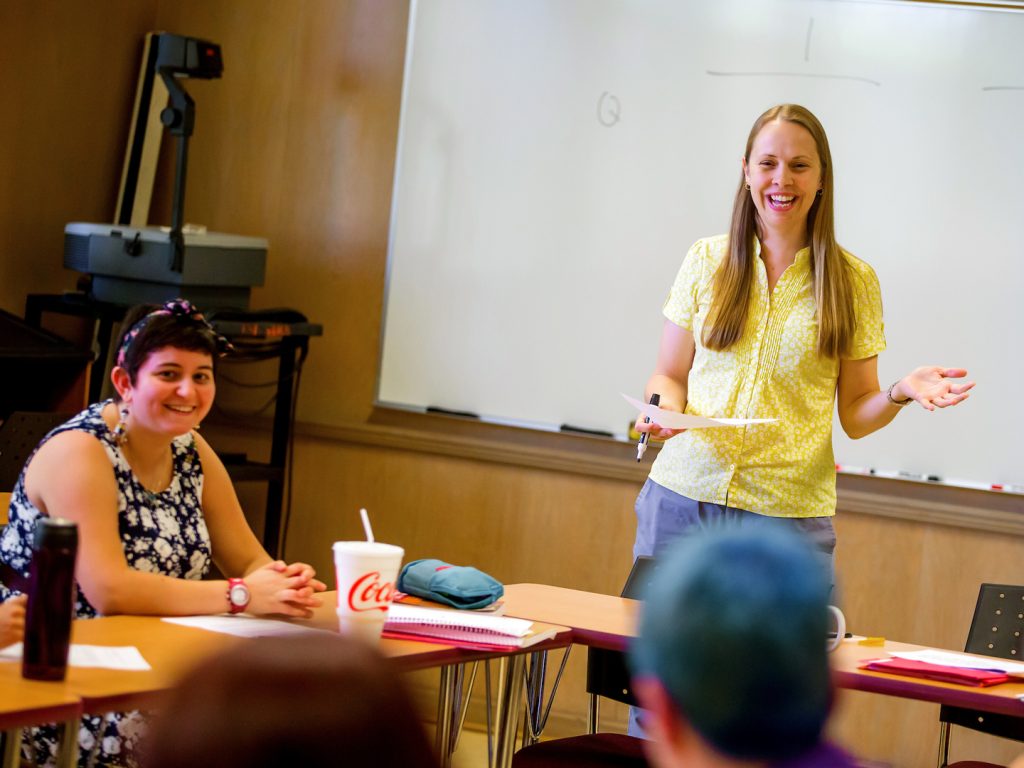The Psychology program will give students the tools needed to think critically about psychological concepts, whether as careful consumers of scientific information in everyday life, or as researchers creating new knowledge in a lab.
About the Psychology Area of Concentration
Our faculty and students study people and other animals (otters, dolphins, dogs, manatees,+) using a variety of approaches such as neuroimaging, interviews, surveys, experimental interventions, measuring physiology, volunteering in our Child Care Center, analyzing video, language, and acoustic data– and more! By using these great tools we teach students how to design research and think creatively to answer intriguing questions about behavior and the natural world.
We also have partnerships within the college (e.g., our Biopsychology and Neuroscience programs) and outside the college (e.g., the Chicago Zoological Society’s Sarasota Dolphin Research Program, Bishop Museum, the Lemur Conservation Foundation, and others) to expand their learning options. Our students go on to a variety of great futures as social and mental health advocates, doctors, lawyers, vets, researcher-scientists who earn their PhDs (alumnae/i write to tell us it’s usually “too easy” their first year), lab techs, clinical professionals, zoo/aquarium professionals, video game writers, comedians, Planned Parenthood administrators, and so much more. They also make friends for life, perhaps because they spend so much time together in our bayside building.
“New College gives you the ability to decide what you want to do for an Independent Study Project on your own. To have a month dedicated to personalized research is not something you will find many places.”
Maya Greenberg on her Psychology-based ISP on lemurs
Psychology and Sociology, Graduate 2020
Featured Course
Dance, Brain, and Parkinson's
INST 2650Recent courses
|
|

Career Pathways
|
|
Recent Theses
- Serial Position Learning in Honeybees
- Synchrony Between a Mother-Calf Pair of Bottlenose Dolphins (Tursiops truncatus)
Rhythm Discrimination in the Bottlenose Dolphin - Academic Satisfaction in College Students and Relatedness to Instructors, Parents, and Peers
- Holding one’s own: The neural correlates of embodiment integrity in the face of multimodal mismatch
- Motivation and physical activity across the menstrual cycle
- An Illustrated Guide to (some of) the Neuroscience of Post-Traumatic Stress Disorder
- The Perception of Value: Affect, Physiology, and the Role of Reenactment
- The effectiveness of emotional support animals at alleviating symptoms of depression and anxiety in college students living on a residential campus
- Emotional regulation and gender: Physiological and psychological responses to emotionally power music.
- Premenstrual symptoms and the roles of emotion regulation, body awareness, and cortisol reactivity.
- Adverse childhood experiences and the neuroimaging correlates of executive functioning: An fNIRS study.
Contact Us
Psychology Faculty
-
 Dr. Michelle Barton Associate Professor of Psychology
Dr. Michelle Barton Associate Professor of Psychology -
 Dr. Kathleen Casto Assistant Professor of Psychology
Dr. Kathleen Casto Assistant Professor of Psychology -
 Peter Cook Associate Professor of Psychology
Peter Cook Associate Professor of Psychology -
 Dr. Catherine Cottrell Associate Professor of Psychology
Dr. Catherine Cottrell Associate Professor of Psychology -
Dr. Steven Graham Associate Professor of Psychology
-
Heidi Harley Professor of Psychology/ Peg Scripps Buzzelli Chair Director Environmental Studies Program




